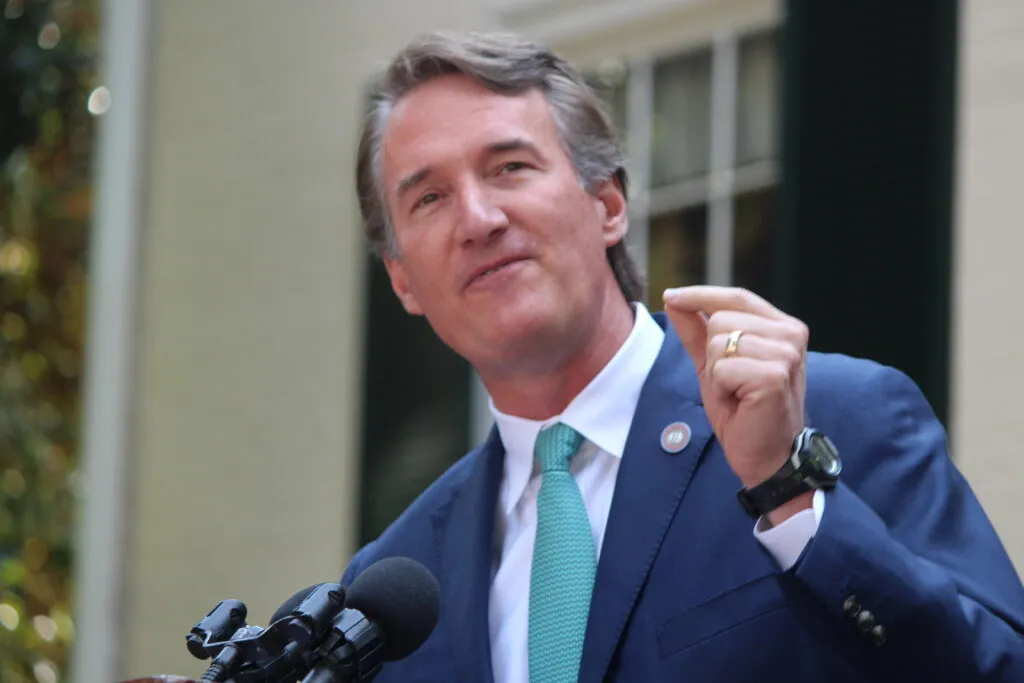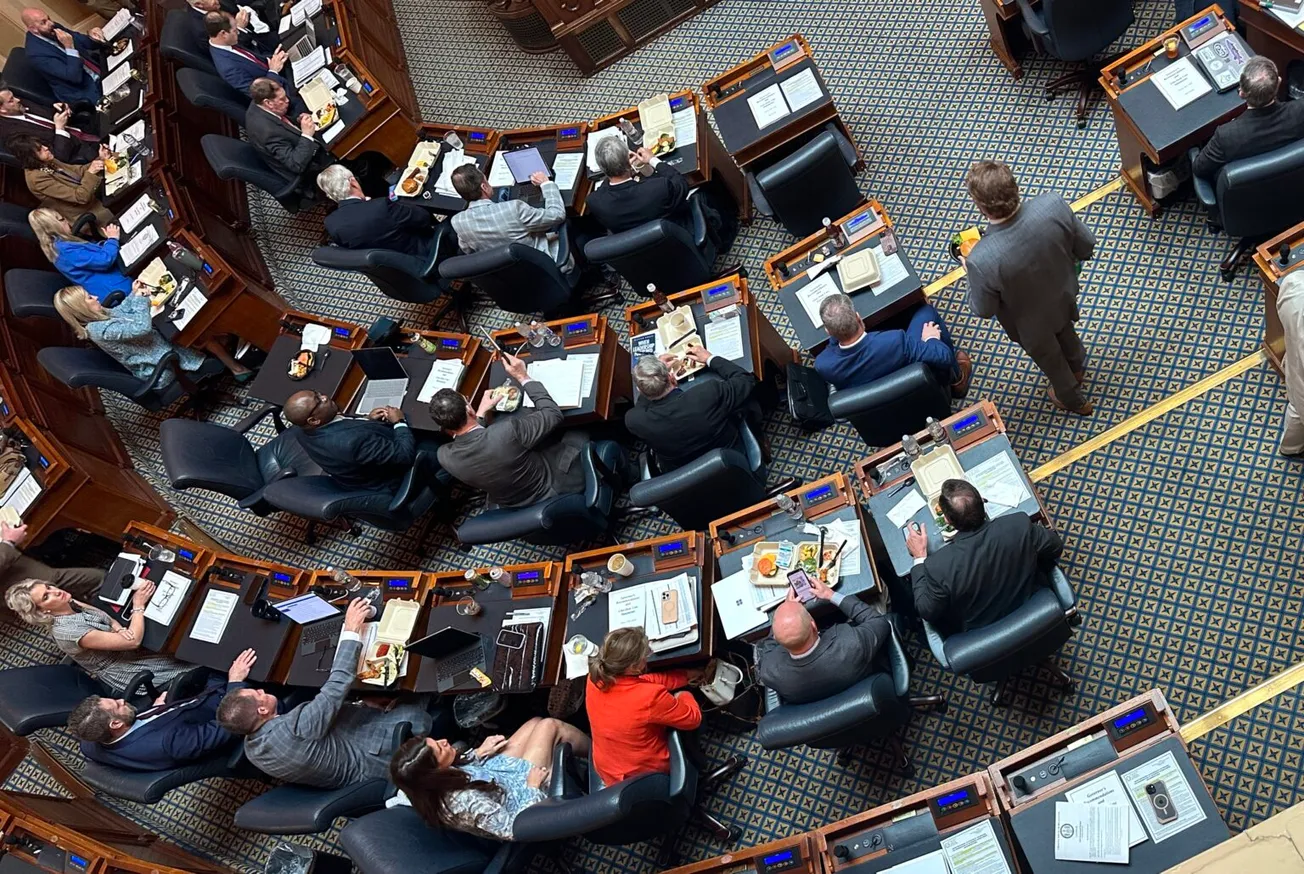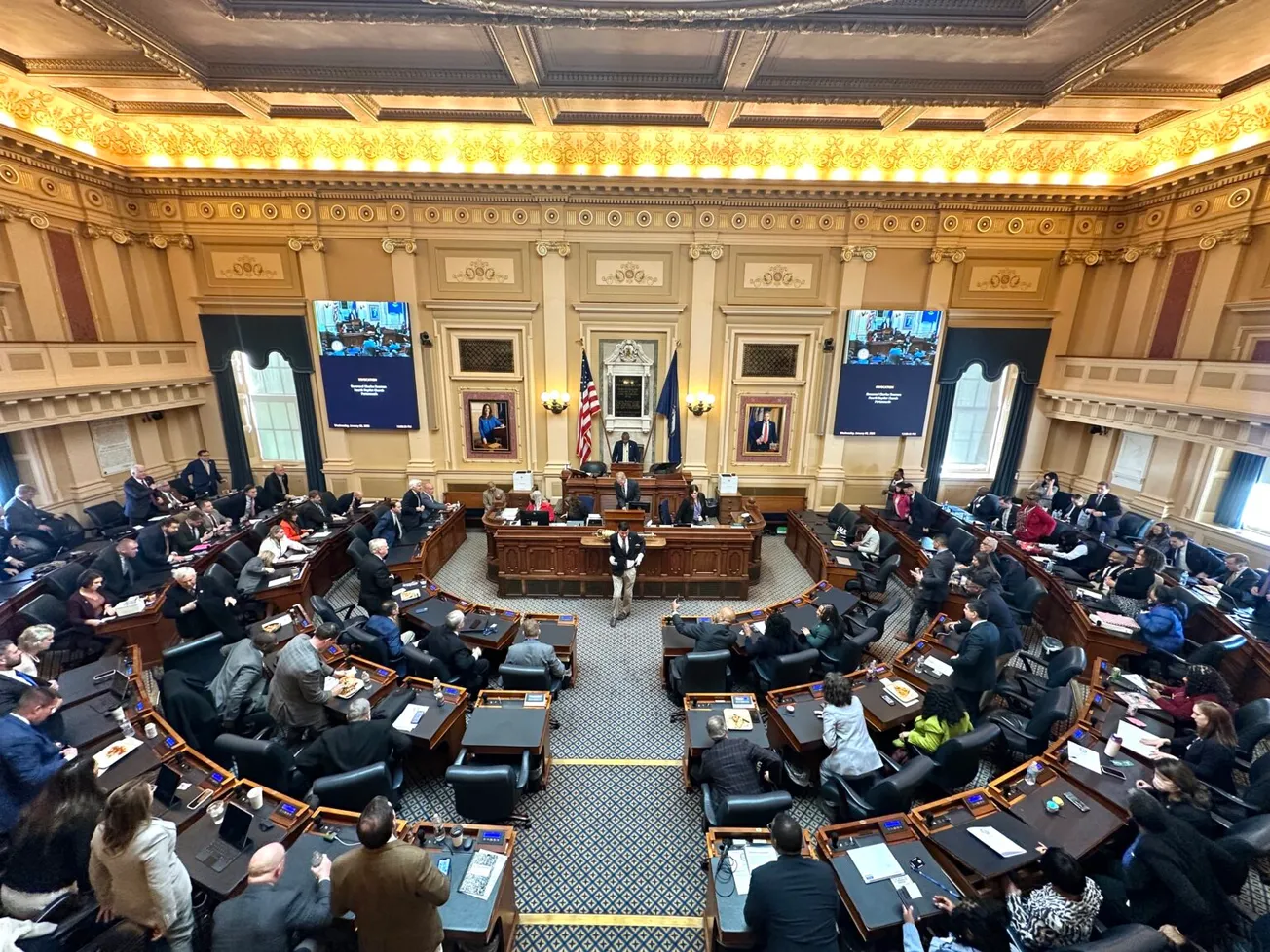General Assembly 2025 — General Assembly — Government — Virginia Government — Glenn Youngkin — maternal health
Youngkin signs several maternal health bills, tweaks another on unconscious bias training
For the second year in a row, Youngkin amended a bill designed to reduce bias that can be detrimental to Black maternal health





